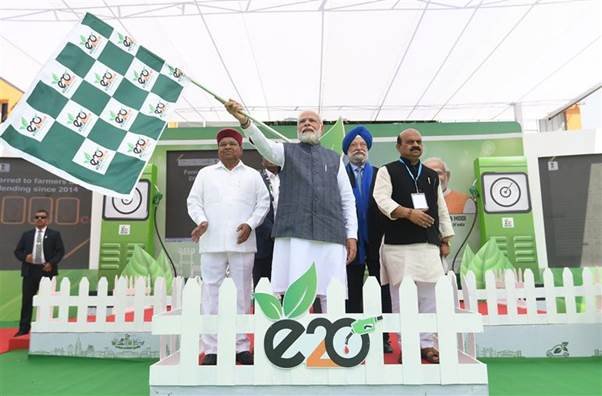What Is E20 Fuel?
E20 fuel is a petrol blend containing 20% ethanol and 80% petrol. Introduced under India’s green energy plan, it reduces crude oil imports and promotes renewable energy since ethanol comes from sugarcane, maize, and other crops.
While eco-friendly, E20 fuel is not suitable for all vehicles. Most older vehicles were designed for E10 fuel (10% ethanol) and may face problems if filled with E20.
Risks of Using E20 in Non-Compatible Vehicles
- Engine Damage: Corrosion of metal parts, damage to rubber-plastic seals, and faster wear of engine components.
- Reduced Mileage: Non-compatible vehicles may deliver lower fuel efficiency.
- Performance Issues: Loss of power, rough idling, and misfiring can occur.
- Higher Maintenance: More frequent part replacements and servicing costs.
- Warranty Loss: Using fuel outside manufacturer’s recommendation may void warranty coverage.
Insurance Claim Concerns
- Claim Rejection Risk: If damage is proven to be caused by using E20 in a non-compatible vehicle, insurers can deny the claim.
- Breach of Policy: Insurance requires following manufacturer guidelines. Wrong fuel use can be treated as negligence.
- Out of Pocket Repairs: Engine damage caused by wrong fuel may not be reimbursed.
E20 Fuel Compatibility by Year
- From April 2023 onwards, all new vehicles in India are being manufactured to be E20 compatible as per Government of India mandate.
- Vehicles made before 2023 are generally compatible with only E10 fuel, unless the manufacturer has specifically certified otherwise.
- Check with your manufacturer or look for an E20 sticker near the fuel cap to confirm compatibility.
Precautions for Vehicle Owners
- Check Compatibility: Read the owner’s manual or confirm with your vehicle dealer.
- Look for E20 Marking: New models usually have “E20 compatible” stickers.
- Don’t Experiment If your vehicle is not E20 ready, strictly use regular E10 petrol.
- Inform Insurance Provider: Keep your insurer updated about your vehicle’s fuel compatibility.
- Avoid Mixing Fuels: Do not mix E10 and E20 in the same tank.
Final Awareness Note
E20 fuel is a step towards sustainable mobility, but it must only be used in E20-compatible vehicles (manufactured from April 2023 onwards). Using it in older vehicles risks engine damage, higher costs, warranty voidance, and insurance claim rejection.
Always verify compatibility before filling your tank. When unsure, stick to E10 petrol.















